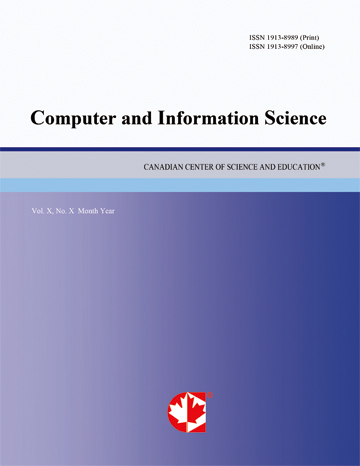Universal Transcendental Logic-Based Ontology
- Oleg V. Moroz
Abstract
In this paper, Kant's philosophical doctrine of the categories of the reason is used to substantiate the conceptual model of knowledge representation, based on the collective interaction of a lot of intellectual atomic elements of knowledge (knowledge quanta), which are combined into clusters like neurons in the brain; and also a phenomenological description of the corresponding universal ontology, proceeding from the philosophical premise of Husserl-Heidegger that the meaning of intelligence is not so much in knowing the absolute truth as in survival, is presented. In the process of cognizing the surrounding world, a person uses both a priori knowledge and a posteriori knowledge, but the transcendental content of a priori forms of thinking does not allow them to be used directly in logical judgments. Nevertheless, one can try to use them as "ontological predicates" following the advice of I. Kant, what was done in this article. Heuristic ontological relations that directly follow from the categories of Kant are easy to use and sufficient to describe any ontology. Offered knowledge representation model, the key idea of which is the primacy of knowledge to logical inference and their emergent ability to self-organize, in conjunction with the transcendental logic-based ontology of empirical knowledge can be used to create a universal inference engine.
- Full Text:
 PDF
PDF
- DOI:10.5539/cis.v14n2p1
Journal Metrics
WJCI (2022): 0.636
Impact Factor 2022 (by WJCI): 0.419
h-index (January 2024): 43
i10-index (January 2024): 193
h5-index (January 2024): N/A
h5-median(January 2024): N/A
( The data was calculated based on Google Scholar Citations. Click Here to Learn More. )
Index
- BASE (Bielefeld Academic Search Engine)
- CNKI Scholar
- CrossRef
- DBLP (2008-2019)
- EuroPub Database
- Excellence in Research for Australia (ERA)
- Genamics JournalSeek
- GETIT@YALE (Yale University Library)
- Google Scholar
- Harvard Library
- Infotrieve
- Mendeley
- Open policy finder
- ResearchGate
- Scilit
- The Keepers Registry
- UCR Library
- WJCI Report
- WorldCat
Contact
- Chris LeeEditorial Assistant
- cis@ccsenet.org
